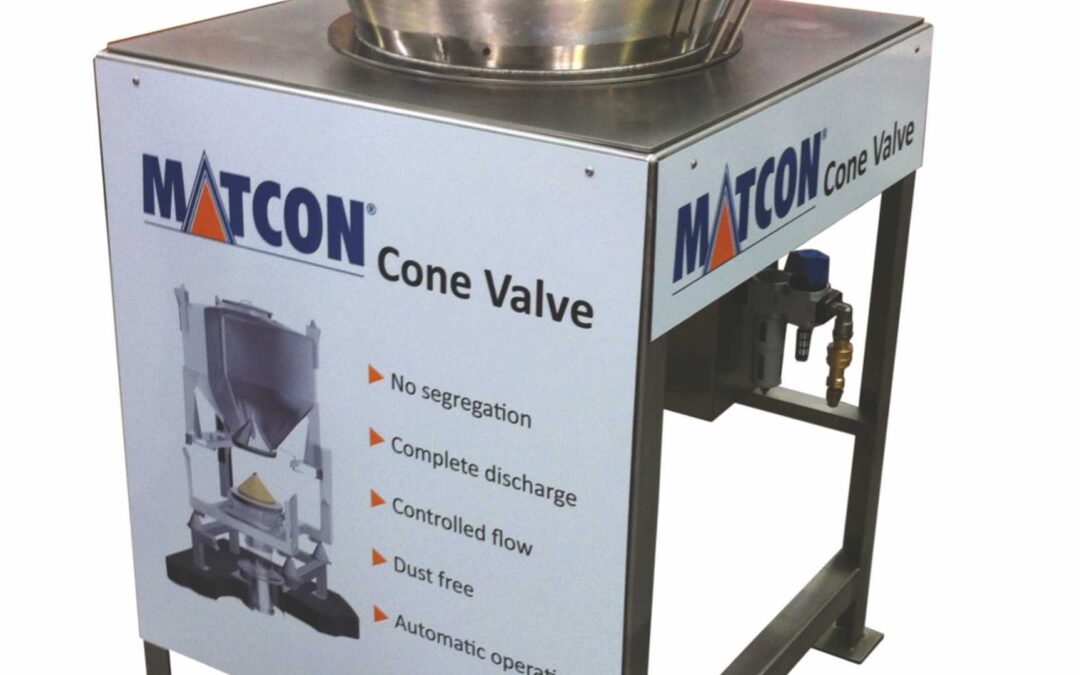When it comes to the pharmaceutical industry, precision and accuracy are of the utmost importance. That’s where cone valves come in. So, what is a cone valve, and how is it used in the pharmaceutical industry?
A cone valve is a type of valve that is designed to control the flow of materials in a system. It is made up of a conical rotor and a stator that contains a corresponding conical opening. When the rotor is turned, the conical shape of the rotor creates a seal with the stator, allowing precise control over the flow of materials.
One of the benefits of a cone valve is that it is highly customizable. By adjusting the angle of the cone, the valve can be adapted to fit a wide range of applications. Additionally, cone valves are known for their ability to handle difficult materials, such as powders and granules, without clogging or sticking.
How do you adjust a cone valve fork? The cone valve fork is used to adjust the rotor angle, allowing for precise control over the flow of materials. The suspension of the cone valve is also important, as it allows the rotor to maintain a consistent distance from the stator, ensuring a tight seal.
How does a cone valve suspension work? The suspension system in a cone valve is designed to maintain a consistent distance between the rotor and the stator, ensuring a tight seal and precise control over the flow of materials. The suspension system typically uses a combination of bearings and springs to support the rotor and keep it centered in the stator. The bearings allow the rotor to rotate smoothly, while the springs apply a constant force to keep the rotor in the optimal position. This ensures that the cone valve can handle difficult materials, such as powders and granules, without clogging or sticking, and provides the precision necessary for pharmaceutical processes that require accurate control over the flow of materials.
There are two main types of cone valves: fixed cone valves and adjustable cone valves. What is a fixed cone valve? Fixed cone valves have a set angle and are ideal for applications where a constant flow rate is required. Adjustable cone valves, on the other hand, can be customized to fit a wide range of applications, making them ideal for pharmaceutical processes that require precise control over the flow of materials.
What is a cone valve used for? Cone valves are used in a variety of pharmaceutical processes, including tablet compression and granulation. In tablet compression, cone valves are used to control the flow of granulated materials into the tablet press. By controlling the flow rate, the cone valve helps ensure that each tablet is formed with the correct amount of material, resulting in consistent tablet quality. In granulation, cone valves are used to control the flow of wet granules into the drying process. The ability to handle difficult materials, such as wet granules, makes cone valves an essential component of the granulation process.
In addition to tablet compression and granulation, cone valves are also used in processes where the handling of sensitive materials is required, such as in the production of vaccines or sterile drugs. Cone valves can help prevent contamination and ensure product purity by providing a tight seal and precise control over the flow of materials.
The use of cone valves in the pharmaceutical industry is growing as manufacturers look for more precise ways to control the flow of materials in their processes. One trend in the market is the increasing use of automation and robotics to improve efficiency and accuracy in pharmaceutical manufacturing. Cone valves can be integrated into automated systems to provide precise control over the flow of materials, reducing the need for manual intervention and improving consistency and repeatability.
Another trend is the development of cone valves that are specifically designed for use in sterile environments. These valves are constructed from materials that can withstand sterilization procedures, and they are designed to provide a tight seal that prevents contamination. This is important for processes such as vaccine production, where product purity is critical.
Advances in materials science have also led to the development of cone valves that are capable of handling a wider range of materials. For example, some manufacturers are using cone valves to handle highly abrasive materials, such as ceramics or metal powders. This allows for more flexibility in the manufacturing process and can help reduce downtime caused by equipment failures.
Finally, there is a growing focus on sustainability in the pharmaceutical industry, and cone valves can play a role in reducing waste and increasing efficiency. By providing precise control over the flow of materials, cone valves can help reduce the amount of material that is wasted or discarded during the manufacturing process. This not only reduces costs but also helps reduce the environmental impact of pharmaceutical manufacturing.
In conclusion, cone valves are a critical component of many pharmaceutical processes. With their precise control over the flow of materials and ability to handle difficult materials, they are essential for ensuring product quality and purity. Whether you’re working in tablet compression, granulation, or another pharmaceutical process, a cone valve can help you achieve the precision and accuracy you need to succeed.
IDEX India is a leading manufacturer of cone valves for the pharmaceutical industry. With over 30 years of experience in the field, they offer a wide range of cone valve solutions that can be customised to fit specific applications. Their cone valves are designed to handle difficult materials and provide precise control over the flow of materials, making them ideal for use in pharmaceutical processes. Additionally, IDEX India’s cone valves are constructed from materials that are compatible with sterilisation procedures, ensuring that they meet the strict purity requirements of the pharmaceutical industry. With their commitment to quality and innovation, IDEX India is a trusted partner for pharmaceutical manufacturers around the world.
